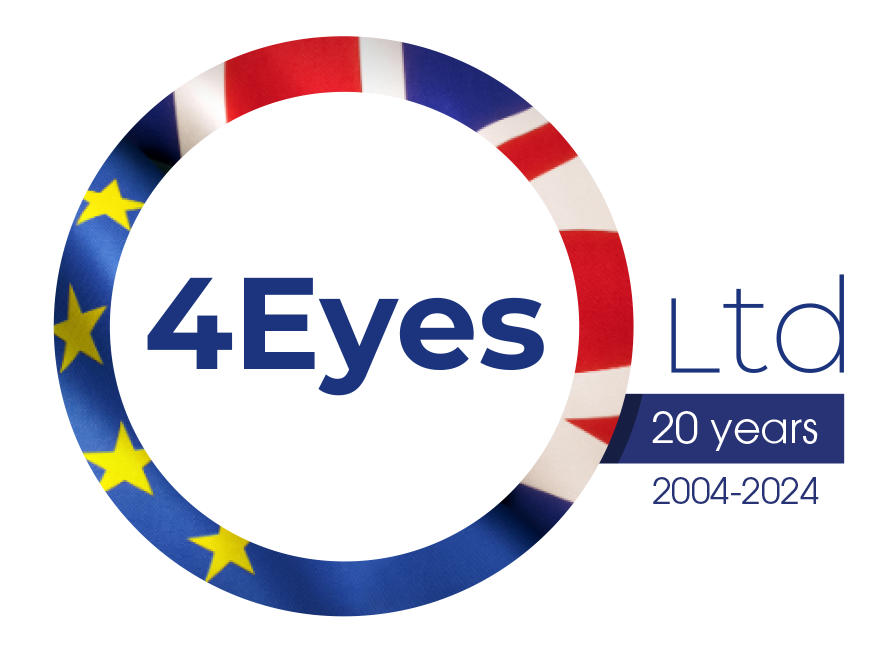Proposed drinks container deposit return scheme and VAT
Recycling plastic bottles and drink cans is set to be easier for tens of millions of people thanks to a new deposit return scheme. New plans set out in a consultation response detail that, through small cash deposits placed on single-use drinks containers, people will likely be incentivised to recycle their drinks bottles and cans, reducing litter and plastic pollution.
The scheme would include special machines, known as reverse vending machines, and designated sites where people can return their bottles and receive their cash back. In most cases it would be the retailers who sell drinks covered by the scheme who would host a return point.
Every year UK consumers go through an estimated around 14 billion plastic drinks bottles and nine billion drinks cans, many of which are littered or condemned to landfill.
The new scheme, covering England, Wales and Northern Ireland, is set to be introduced in 2025, following extensive work with industry to prepare for the necessary changes – including setting up infrastructure and amending labelling. It aims to ensure 85% fewer drinks containers are discarded as litter after three years of its launch.
4 Eyes Ltd wishes this environmental measure success in its objective but questions how a refund scheme will impact on the product’s able value.
The Spring Finance Bill 2023 announced the Drinks Deposit Return Scheme, and following the announcement, a consultation has been published seeking views on the draft regulations.
These regulations set out new rules on how VAT will be accounted for, by whom and when. However, what should be in theory be a simple scheme may well be made much more complicated by VAT, due to the application of basic VAT rules.
The regulations state that the deposit amount is to be excluded from the taxable sales value of the initial supply, which means that VAT is only due on the deposit of the containers which are not returned. (But what happens when people return their containers for recycling to an alternative provider to where they bought the product)?
The regulations also intend to provide for definitions to be used, the method of accounting for VAT, error correction, tax points and additional rules concerning where it is unclear if VAT has or has not been charged.
A VAT notice will be published at a later date and it is likely that this will contain further rules. However, any interested parties are advised to give serious consideration to how they will approach these arrangements and feed in any thoughts via the consultation process.
The consultation ends on 17 May 2023 and 4Eyes Limited is able to assist with input to the consultation process and provide ongoing support once the scheme starts.
